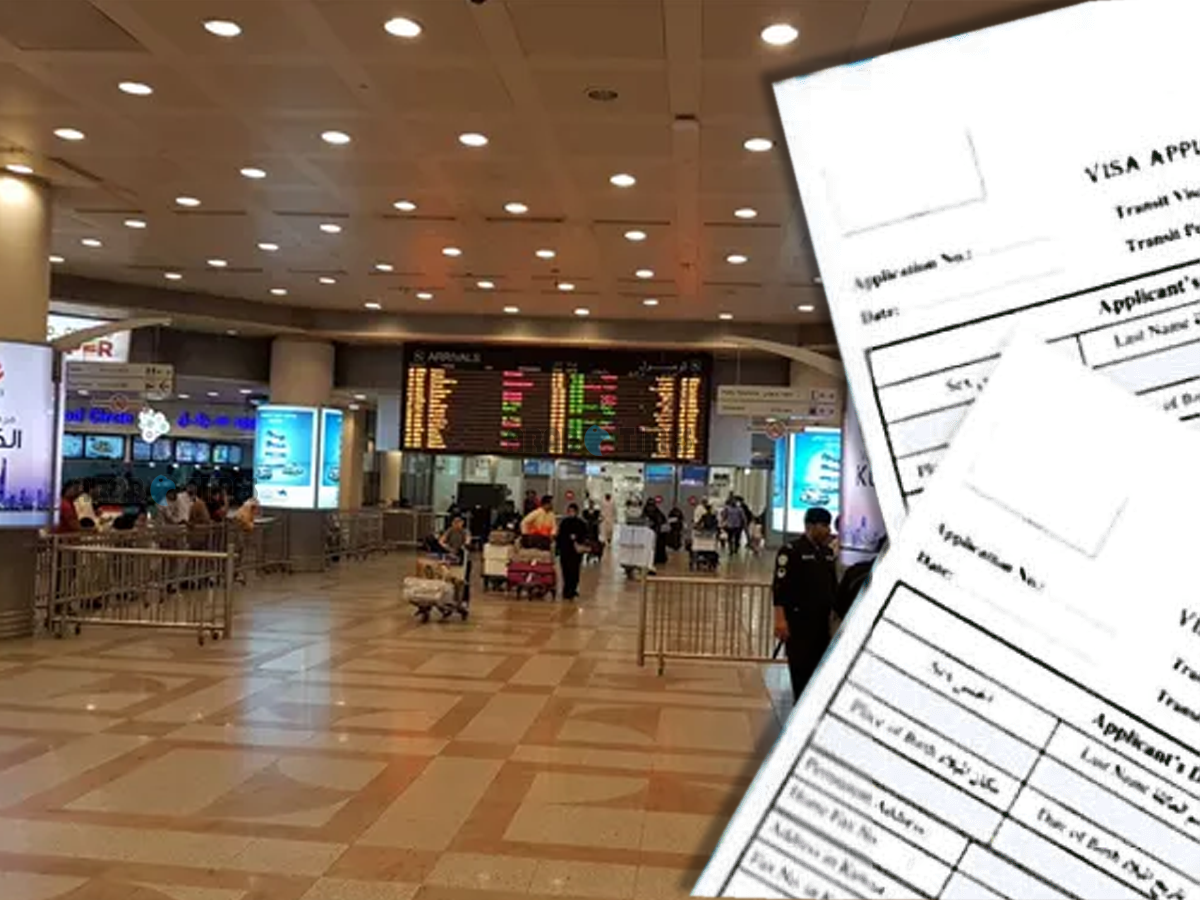18/08/2025
18/08/2025

Al-Kandari also highlighted that the UAE has 1,251 hotel establishments, whereas Kuwait has fewer than 60. Meanwhile, economic expert and head of the Kuwait Real Estate Residents Association Qais Al-Ghanim stated that opening visit visas for family, tourism, or business, and allowing Gulf residents to enter for tourism purposes, is necessary for boosting the country’s economic activity. He noted that the government has realized the negative effects of the recession and that these measures will strongly stimulate the hotel and hotel apartment sectors. Al-Ghanim emphasized that the government’s tourist visa facilitations were not issued randomly but were carefully studied from all angles. He assured that visitors will not be allowed to violate the country’s laws, especially since all procedures are linked online, adding that there is no reason to fear the entry of some people into Kuwait, as the Minister of Interior Sheikh Fahad Al-Yousef is enforcing strict security controls to prevent any manipulation. Furthermore, a source from the Kuwait Hotels Union, who preferred to remain anonymous, said that allowing visitors will in general boost the country’s economy.
He highlighted that tourist visas, in particular, will help revitalize Kuwaiti hotels, which have suffered years of stagnation due to restricted visitor access, adding that the new government facilities for obtaining tourist visas will positively impact not only hotels but also local cafes and restaurants, especially since many hotels have incurred millions in losses, with some even closing. The source said Kuwait’s hotel profits have declined in recent years, not only due to the COVID-19 pandemic but also because the country remained largely closed as a tourist destination during that time. He explained that Kuwait was a popular tourist destination for Gulf citizens and foreigners in the mid-20th century, especially following the discovery of oil wealth. In 1947, the “Sherine Hotel” opened as Kuwait’s first hotel, with services initially priced in rupees. As the country’s economy developed, the hotel industry expanded, and today there are about 60 hotels in Kuwait, ranging across three-star, four-star, and five-star categories. Kuwaiti hotel owners have invested nearly one and a quarter billion dinars in the sector. The source called for enacting a special tourism law in Kuwait to promote tourism, which could play a major role in supporting the national economy. The main observations from hotel sector specialists are the following:
Al-Seyassah/Arab Times Staff



